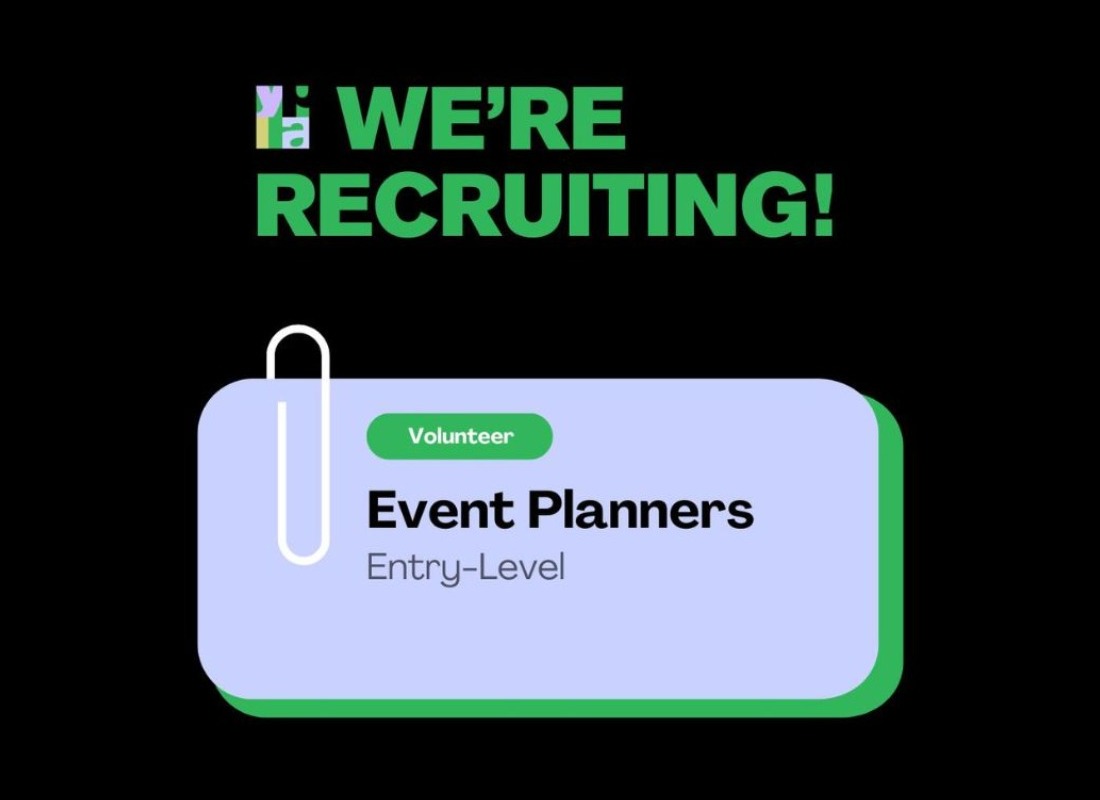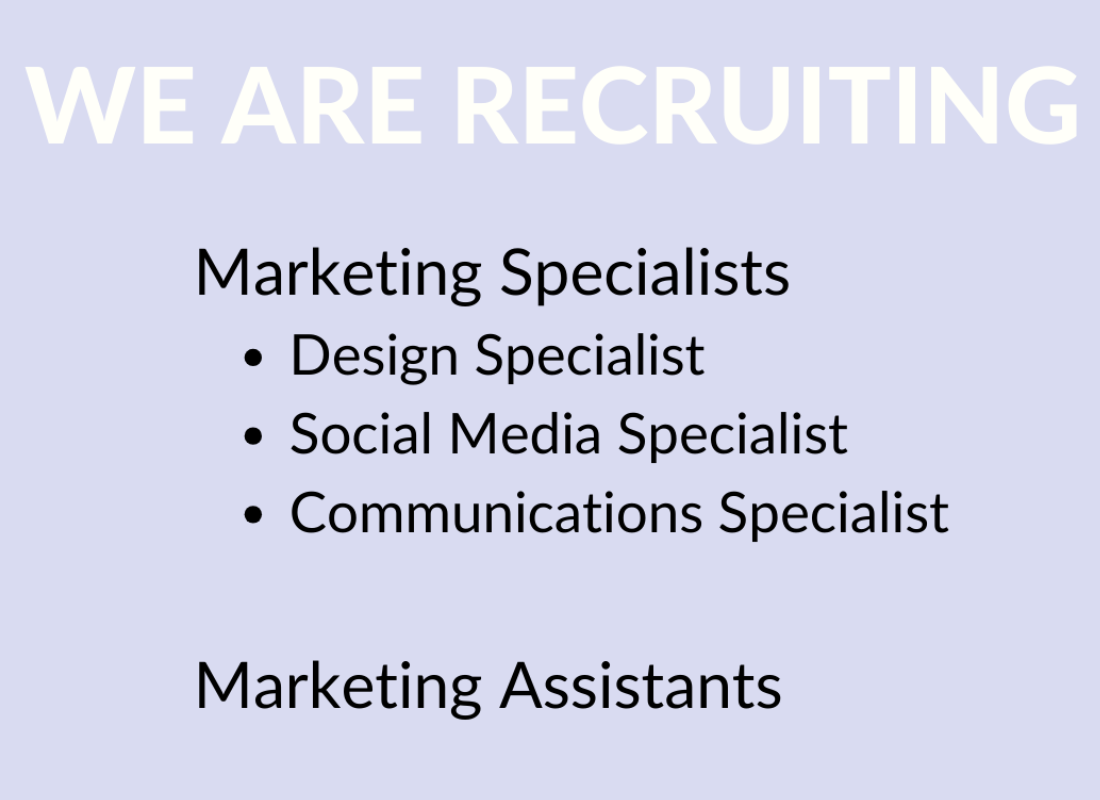.25cc17.png)
Looking after your mental health and wellbeing should always be a priority, but even more so during times like these. Whether you're working full time, part time, back on furlough or job hunting, we want to share some of tips from the YPIA committee which might help you over the next COVID-19 lockdown and beyond.
Julia "I've found having something planned to look forward to is really helpful, whether that's making a route for a big cycle on a Saturday or picking a few things to watch ahed of time for a cosy movie night with flatmates"
Kayleigh "If you're not currently working or have been put back on furlough for this month, I found that setting a routine was really helpful. I set Mon-Fri to do life admin, volunteer work and 'work' tasks that require being at a laptop, then weekends were all about relaxing and taking a break from screens so I didn't lose the routine if i was working. I also made sure I was up early Mon-Fri and then allowed myself to sleep in at the weekends."
Tessa "For those who work from home, I find setting 'non screen time' super helpful, whether it's to go for a walk without my phone or doing some exercise"
Esther "Setting 'office hours' is really helpful to keep a routine going, and getting out of bed at the same time every day!"
Alex "If you're spending your lockdown working, sleeping and spending free time in the same room, try 'zoning' your bedroom to avoid work creeping into all hours of the day. For example, no work unless specifically sat at your desk and only leisure time/personal phone activity whilst on your bed."
Kim "Set yourself a goal outside of work, like finishing a book or taking up yoga. Committing to do a little bit each day might help with your motivation and reduce stress."
Alejandro "For me the main thing is to treat yourself: to a night of take out, a bath bomb if you have a bath (not very eco-friendly though!), some dark chocolate, a book you want to read or whatever floats your boat when spirits are running a bit low. To do these things knowing they are a bit of a treat and a reward (for staying alive, a heroic feat these days!) does wonders. I also enjoyed connecting with friends with zoom parties really fun. Finally... meditation!"
Alice "Definitely limiting the amount of news I'm watching and knowing when to step away from it. As soon as I'm feeling anxious or nervy I stop watching it and ask my flatmates to change the subject even if it's just for that evening. Start following more positive social media channels and get rid of those that don't make you feel good about yourself! I love @HappySlothClub and @ASafePlaceInsideYourHead."
Nora "I found exercise surprisingly (!!) helpful to use up all my unused energy. I also enjoyed having something to look forward to, e.g. I went through recipes I always wanted to make. But remember to be nice to yourself when you're not the most productive on that day or week."
Annick "I found it really helpful to plan something positive to do (and look foward to!) over my lunch break. Whether a brisk walk, a phone catch up with a friend or reading a chapter or two of a book, it's nice to have something to break up the day and give my mind a rest"
Yasmin "During a team meeting at work we did this 7-step Small Change programme which was produced by A New Direction, developed and led by Dr Dawn Langley. My small change was to go for a walk every day before work and I've managed to stick to it for the last 4 months!"
1. Identify an area in need of change in your life (personal, professional, global)
2. Decide on ONE small, achievable step you can take to effect change in that area
3. THINK MINISCULE - people often start too big - and set yourself a deadline (short term, e.g. within 1-2 weeks)
4. Write down your Small Change, and ideally, proclaim your Small Change to someone so there’s a sense of commitment
5. Action your Small Change!
6. In 1-2 weeks, reflect on your Small Change with your chosen person – what happened? What worked, what didn’t? Did you have time to actually do it?
7. Choose a different Small Change – either based on your findings from last time or you can try something completely new




.0af71f.jpg)
.ec8cc4.png)